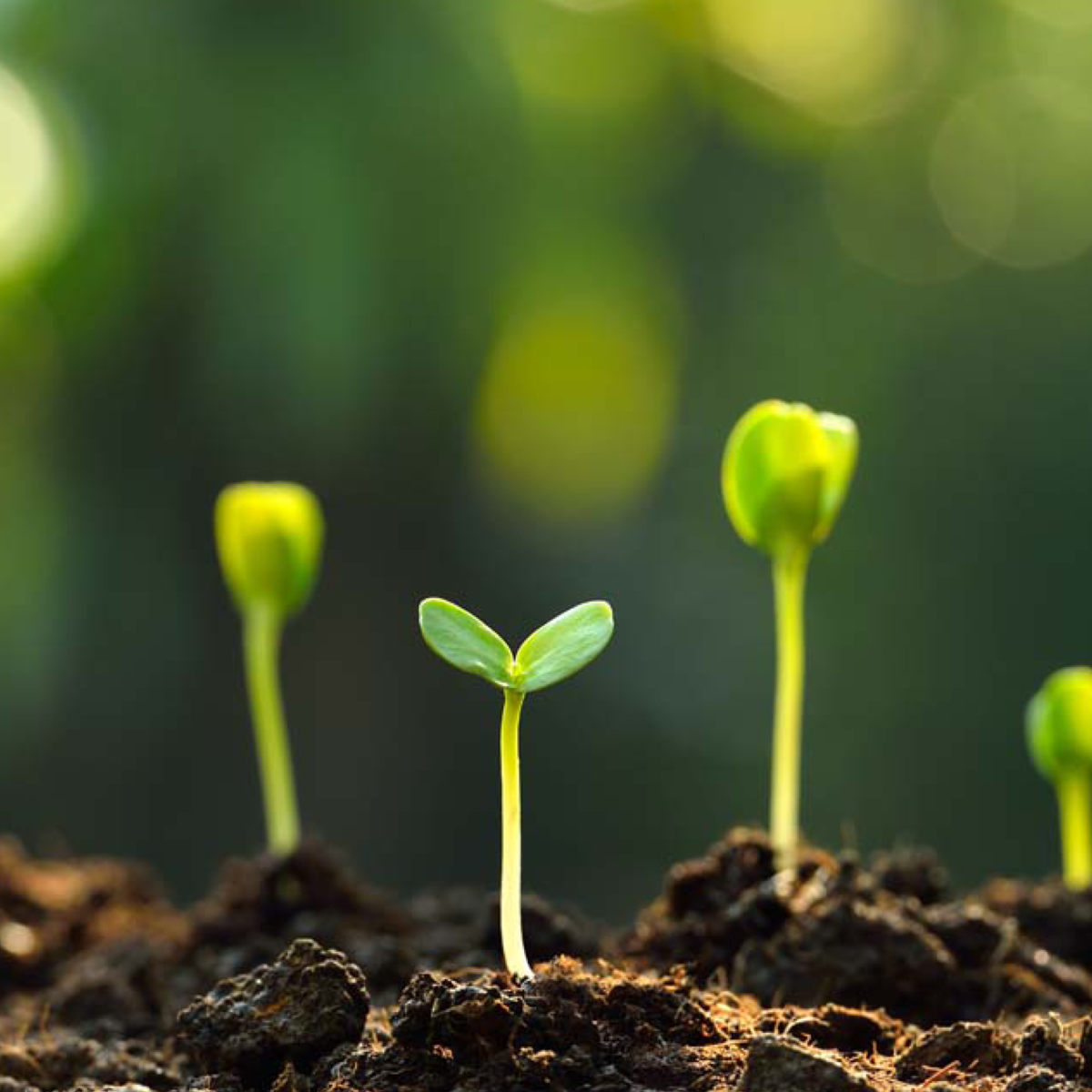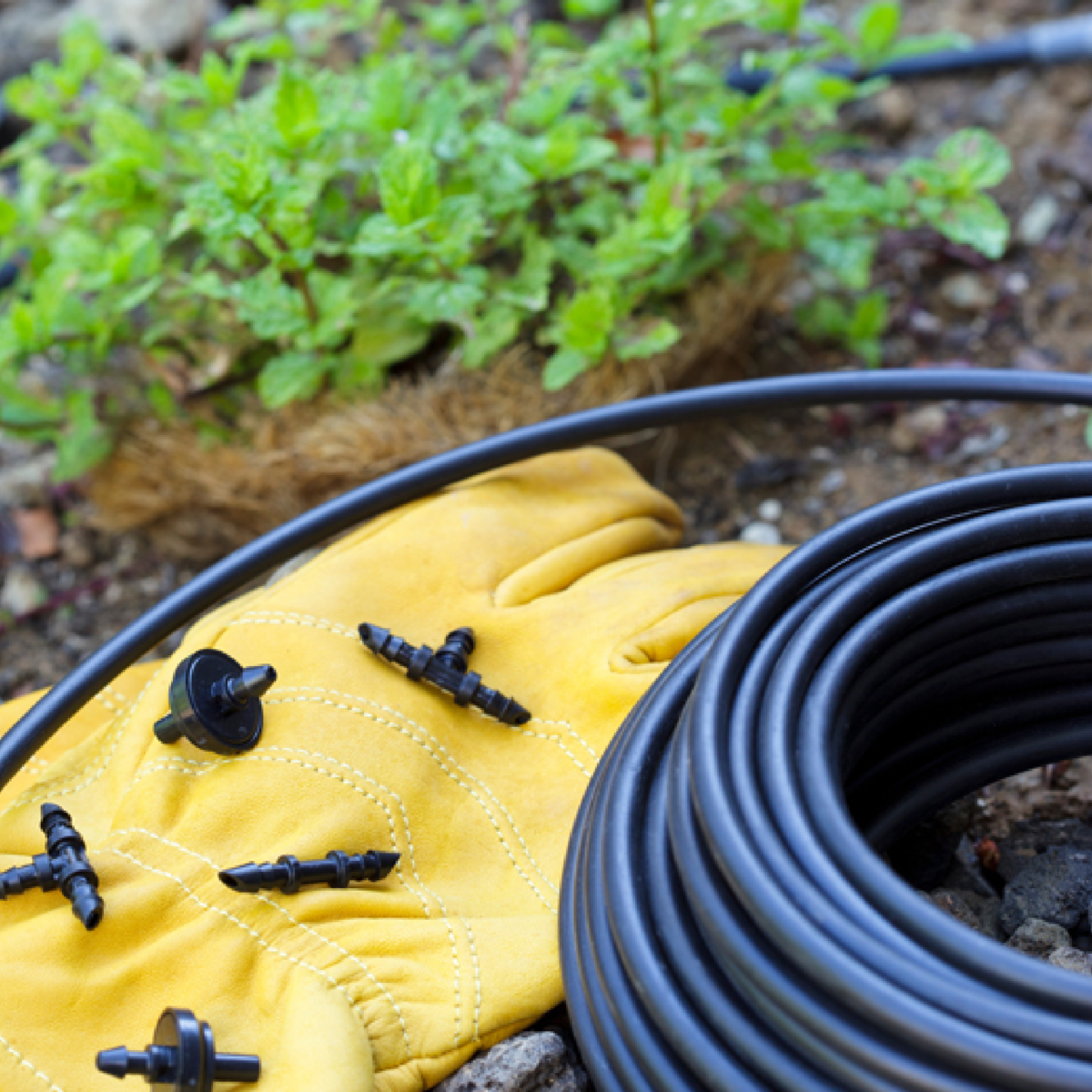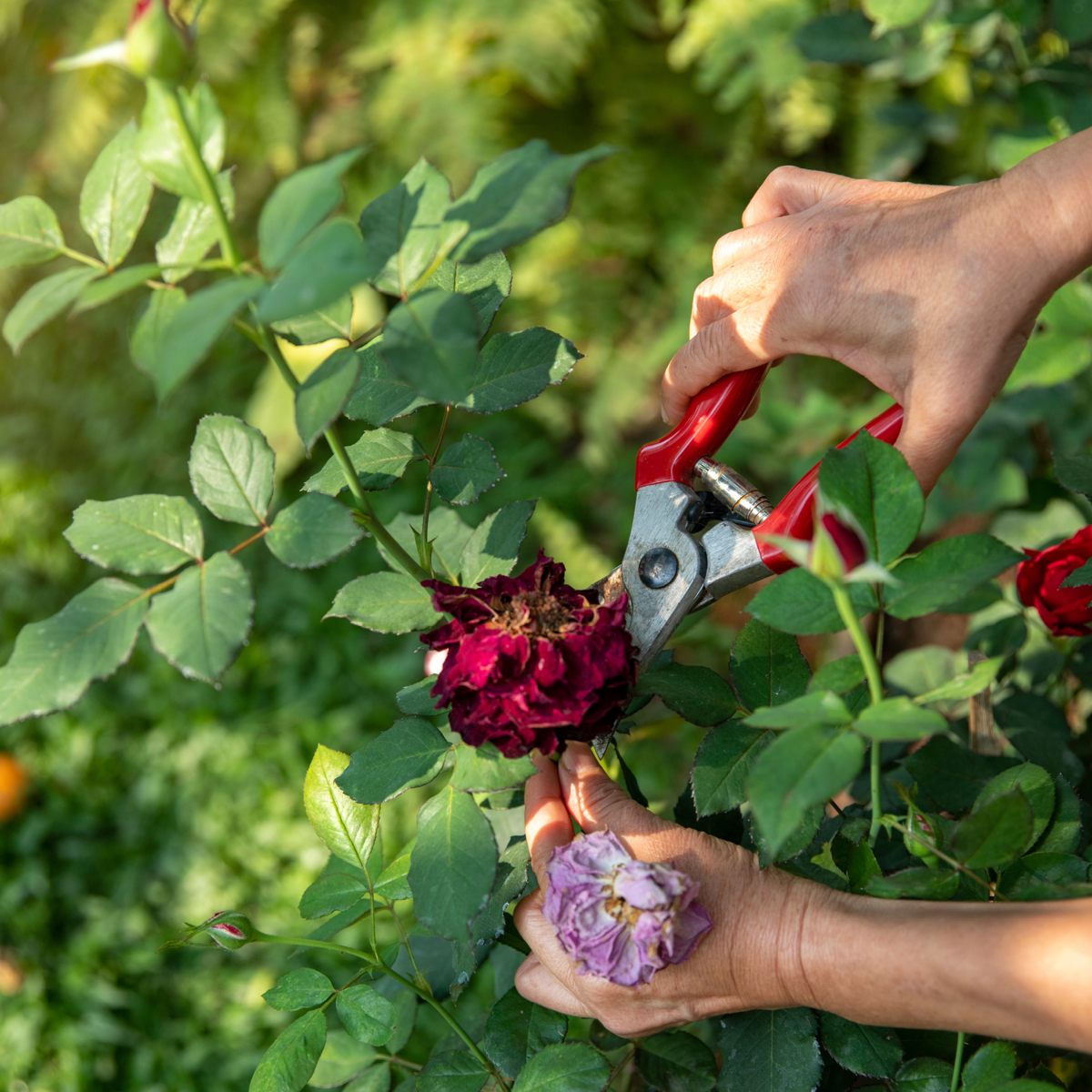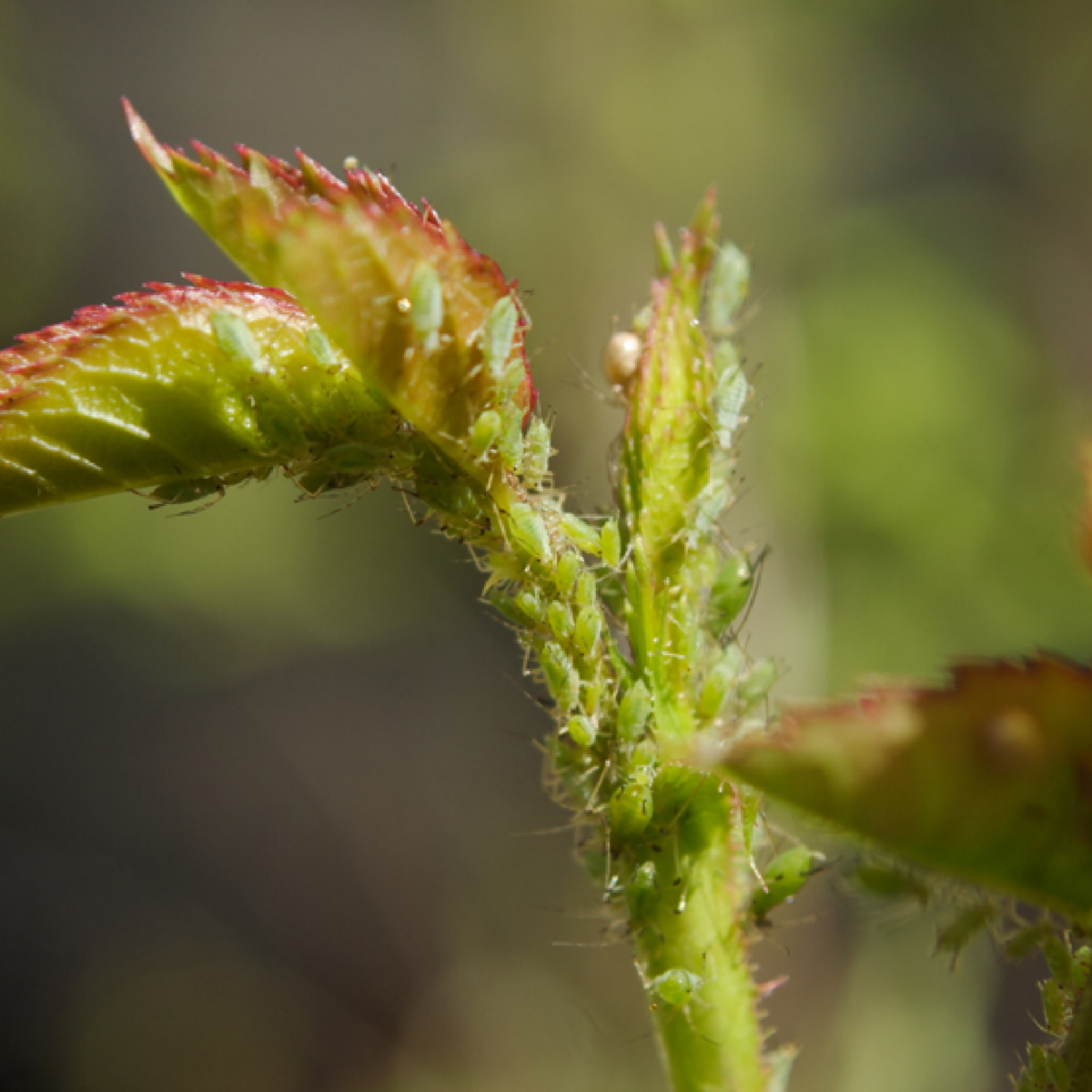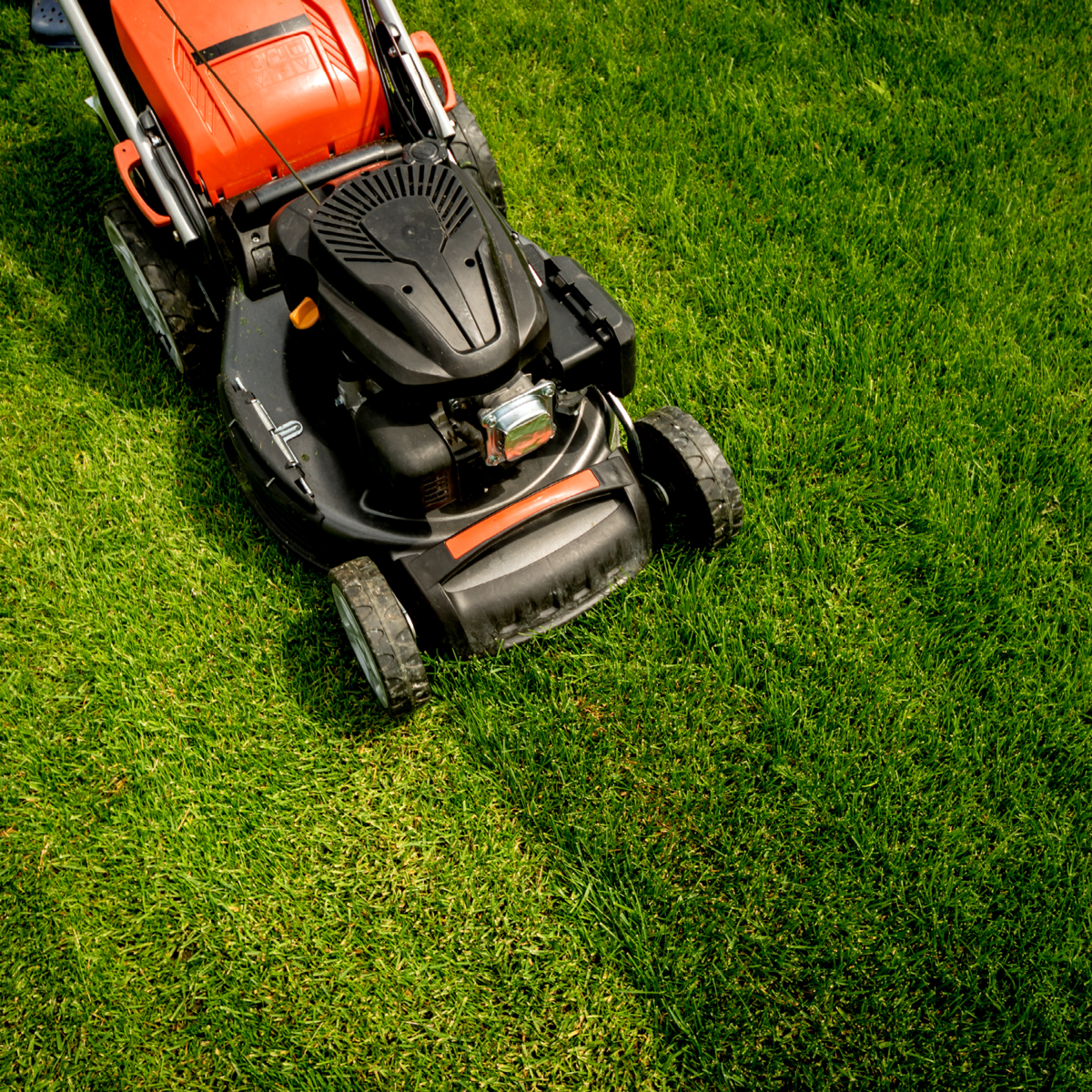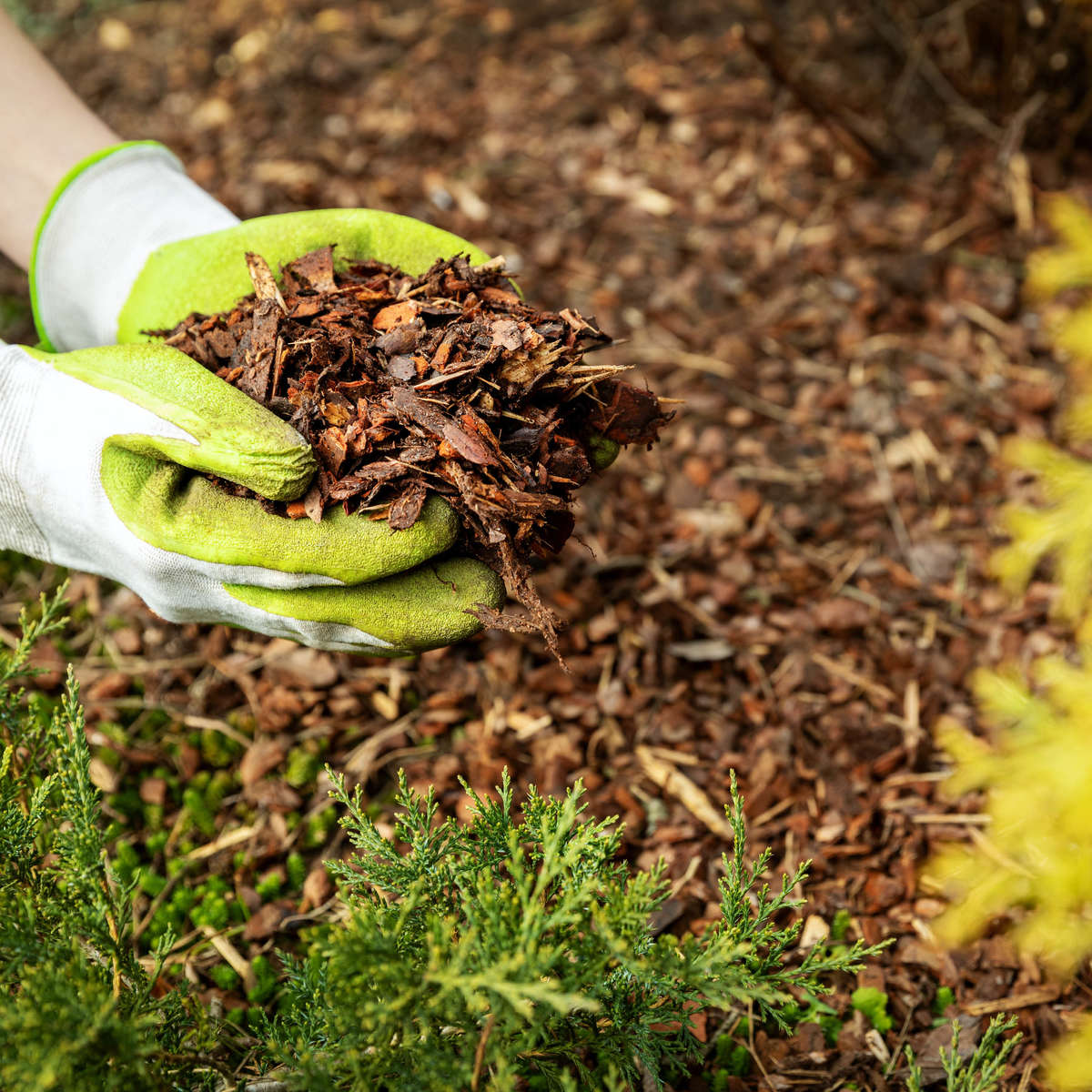
July Garden Tasks 2024
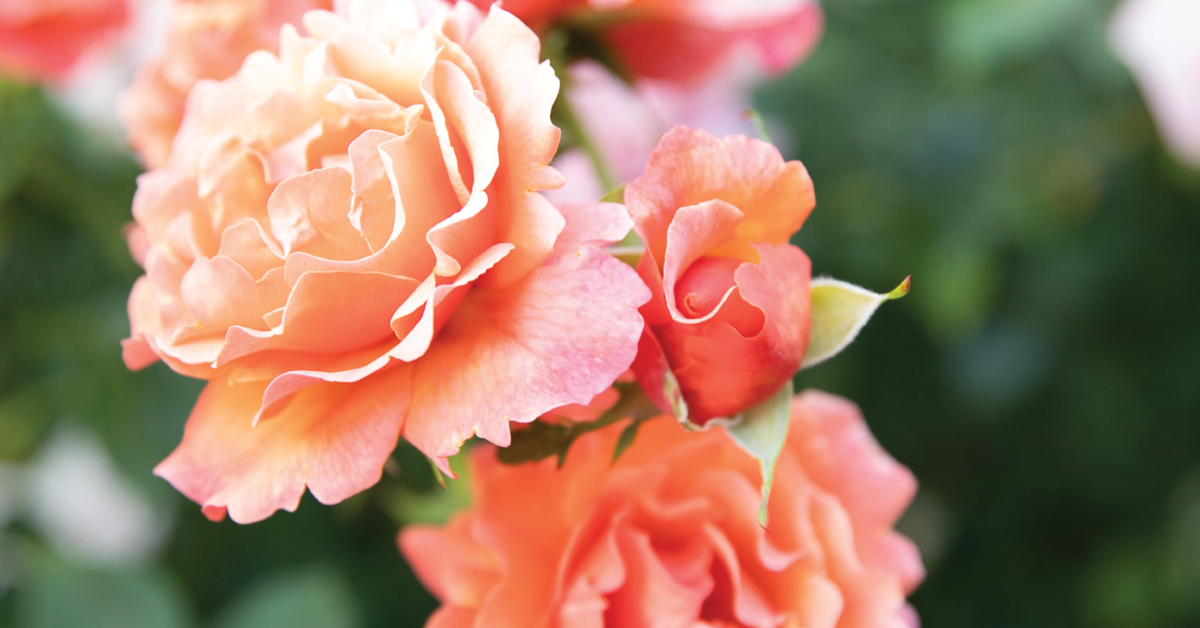
July Garden Tasks
Gardening in July can be a rewarding experience with the right care and attention. This month, focus on strategic watering, thoughtful pruning, lawn care and diligent monitoring of pests to ensure your garden remains productive.
Veggies To Start By Seed
It's time to start thinking about fall gardening.
- Seeds to Sow Directly: sow seeds for melons, okra, parsnips, peas, rutabaga, squash, and pumpkins.
- Seeds to Start Indoors: Cauliflower and cabbage.
Water Wisely
- Be mindful of the water needs of your lawns, ornamental plants, and vegetables during the typically hot and dry mid-summer days.
- Pay special attention to new plants with undeveloped root systems and outdoor potted plants, as they can dry out quickly. Watering in the early morning hours helps minimize fungal problems and reduces evaporation.
- Regularly check your irrigation system for leaks and ensure it is functioning properly. Consider installing a drip irrigation system for more targeted and efficient watering.
Purposeful Pruning
- Regular pruning prevents herbs like basil, mint, and oregano from bolting and becoming woody. Trimming them back keeps them lush, flavorful, and ready for culinary use.
- Deadheading is a simple and effective way to encourage continuous blooming. By removing spent flowers from your annuals and perennials, you stimulate more blooms and maintain plant health. This results in a vibrant and colorful garden throughout the summer.
Common Garden Pests
- Hot weather can bring an influx of pests like aphids and spider mites. Regularly inspect your plants for signs of infestation and take action as needed. Natural predators, insecticidal soaps, and neem oil can be effective in managing these pests.
- Continue to check crape myrtles for aphids, ornamentals, flowers, and vegetables for spider mites, and inspect broadleaf evergreen shrubs such as euonymus and hollies for scale insects.
- Watch for lace bugs on azaleas, pyracantha, cotoneaster, and lantana, and treat as necessary.
Lush, Green Lawn
- Set lawn mower blades higher to help conserve moisture and prevent turf stress from higher temperatures. The higher you mow, the less weeds you will have as well.
- Do you know if you are watering your lawn correctly? Watering too much or too little can lead to disease and insect problems. Our irrigation gurus are on-hand to answer your questions and guide you to the solution that is right for your situation.
Mighty Mulch
Mulching is an essential practice for maintaining soil health and plant vitality during the hot Texas summer. Here's how mulching can benefit your garden:
- Retains Moisture: Mulch helps keep the soil moist by reducing evaporation, ensuring that your plants have a steady supply of water even during dry spells.
- Protects Roots: By insulating the soil, mulch keeps roots cool and prevents them from overheating, which is crucial in the intense Texas heat.
- Suppresses Weeds: A layer of mulch acts as a barrier, reducing weed growth and minimizing competition for water and nutrients.
- Improves Soil Health: Organic mulches, such as bark, wood chips, or compost, break down over time, adding valuable nutrients to the soil and improving its structure.
- Enhances Garden Appearance: Mulch gives your garden beds a neat and tidy look, providing a clean backdrop for your plants.

